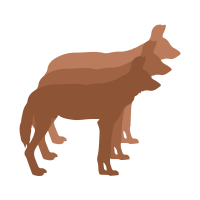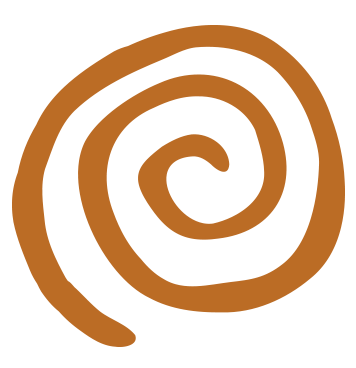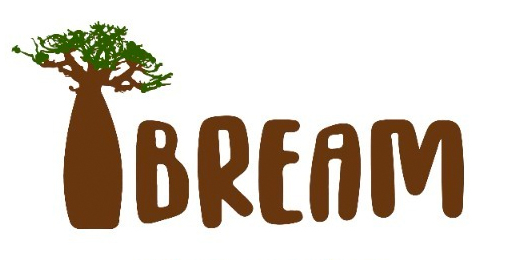The African Wild Dog
A distinctive and wonderful canid species, The African Wild Dog is found only in fragmented populations in southern and eastern Africa.
Habitat and Ecology
Forest, Savanna, Shrubland, Grassland, Desert
Threats
Habitat fragmentation is the main risk to African Wild Dogs, as it leads to more encounters with humans and domestic animals.

Population
The population of the African Wild Dog is in decline.

Overview

The African Wild Dog’s numbers are in such decline that it is now listed as critically endangered by the IUCN.
This species is not only important to the local ecosystem and the planet as a whole but is also economically valuable to local communities that can make a livelihood (e.g. through eco-tourism) from the unique natural fauna surrounding them.
Reproduction in the African wild dog is complicated because it is intricately linked to the complex pack social structure, which features separate male and female hierarchies. This makes captive breeding a difficult task since even simple measures like introducing new members to the pack can have fatal consequences.
While great efforts, such as habitat conservation, are going into preserving the African wild dog the fundamental knowledge of its reproductive biology to enable assisted breeding, which is likely to become an essential tool in preserving and repopulating the species, is sadly lacking.

Projects

Pia Riddell
Pia Riddell became involved with IBREAM as IBREAM’s third African wild dog Ph.D. student and followed up on the initial achievements made by Femke Van den Berghe and Leanne Van der Weyde. Pia’s project mainly focused on improving our understanding of social communication, improving stress management and developing methods to non-invasively measure immune responses to vaccinations in this species. Her work builds on that of Femke and Leanne and now means IBREAM and partners can move forward with a high-quality sperm bank and the development of artificial insemination (AI) techniques using improved animal behaviour monitoring and improved stress and aggression welfare management in order to assist the long-term conservation of this species. Furthermore, the tools developed during her Ph.D. will be useful to conservation managers to improve species outcomes during stressful management interventions and improve our understanding of how these impact immune function in this species.
Pia is performing her Ph.D. at James Cook University, Townsville, Australia and has been active since 2020, she expects to submit her Ph.D. thesis in 2024. She achieved her goals working with 2 zoological institutions, 2 wildlife centres and 1 reserve within South Africa, as well as with 1 free-ranging pack with the assistance of the Waterberg Wild Dog Initiative. Details of her different studies and results can be found here:
Appeasing pheromones for the management of stress in wild canids
A Conservation Management Toolkit: Developing Assisted Breeding and Behavioural Management Tools for the African Wild Dog (Lycaon pictus)
Femke van den Berghe became involved with IBREAM as IBREAM’s second African wild dog Ph.D. student and followed up on the initial achievements made by Leanne Van der Weyde. Femke’s project mainly focussed on male reproductive biology, the development of semen freezing techniques and non-invasive methods for detection of ovulation in this species. Her effortless work has put IBREAM and partners in a position to now move forward with a high-quality sperm bank and the development of artificial insemination (AI) techniques in order to assist the long-term conservation of this species.
Femke performed her Ph.D. at James Cook University, Townsville, Australia between 2014 and 2018. She achieved her goals working with 5 zoological institutions in the US, as well as a wildlife sanctuary in Namibia. She finished her Ph.D. early in 2018. Details of her different studies and results can be found here:
- Improved sperm freezing in the African wild dog
2. The use of Dog Appeasing Pheromone to aid pack reintroduction
3. Are subdominant males less fertile?
4. Non-invasive detection of ovulation in females
Understanding the Reproductive Biology of the African Wild Dog
IBREAM’s first African wild dog researcher Leanne Van der Weyde has been working between 2009 and 2013 to rectify this by studying these wonderful animals both in captivity and in the wild. Along with our partners at Edinburgh, Colchester, Artis and Duisburg Zoos as well as West Midland Safari Park and Port Lympne Wild Animal Park), she measured reproductive hormones from identified individual dogs and compared this with reproductive cycles, dominance, social status, behaviour and pregnancy to build up a picture of how reproduction works in this species. In the field at Hluhluwe-iMfolozi Game Reserve, South Africa she did similar work to learn more about the reproductive behavior of African wild dogs under field conditions.
Leanne achieved amazing results and has finished her Ph.D. in May 2013. The information and understanding she gained during her work now allow us to contribute in developing supplementary conservation strategies to help save the African wild dog.
Details of Leanne’s research can be found here:
project updates

